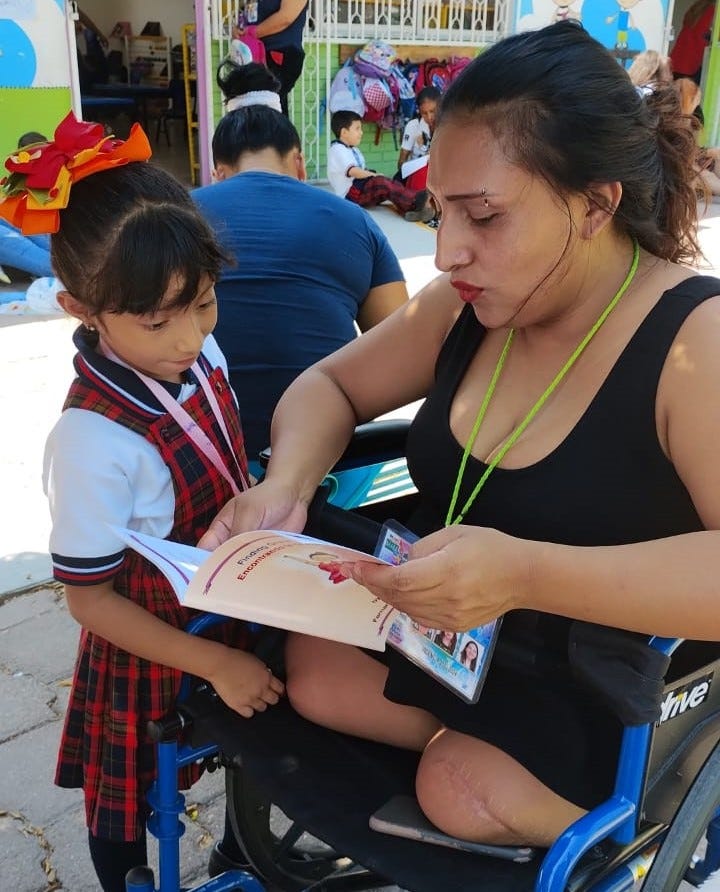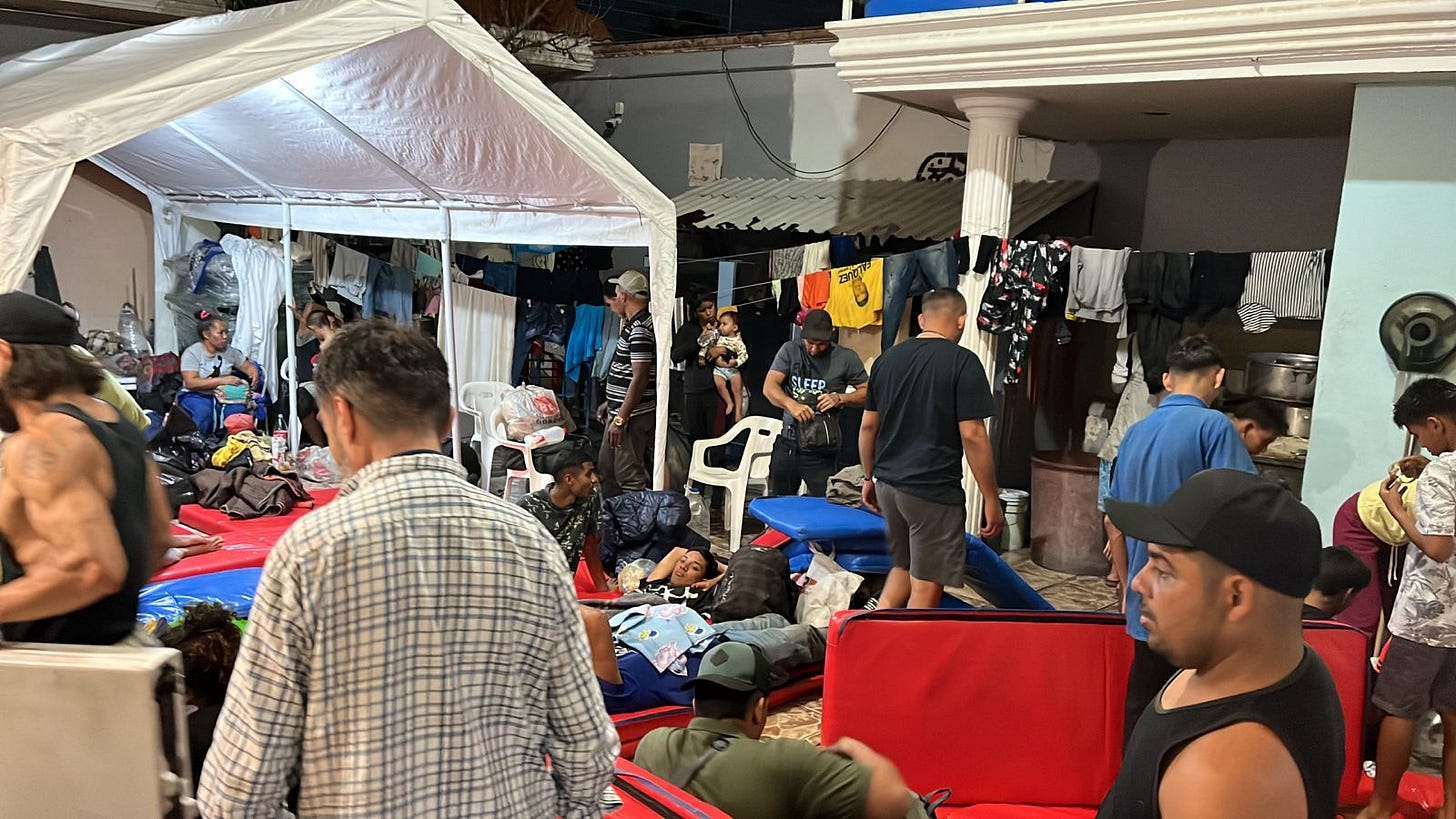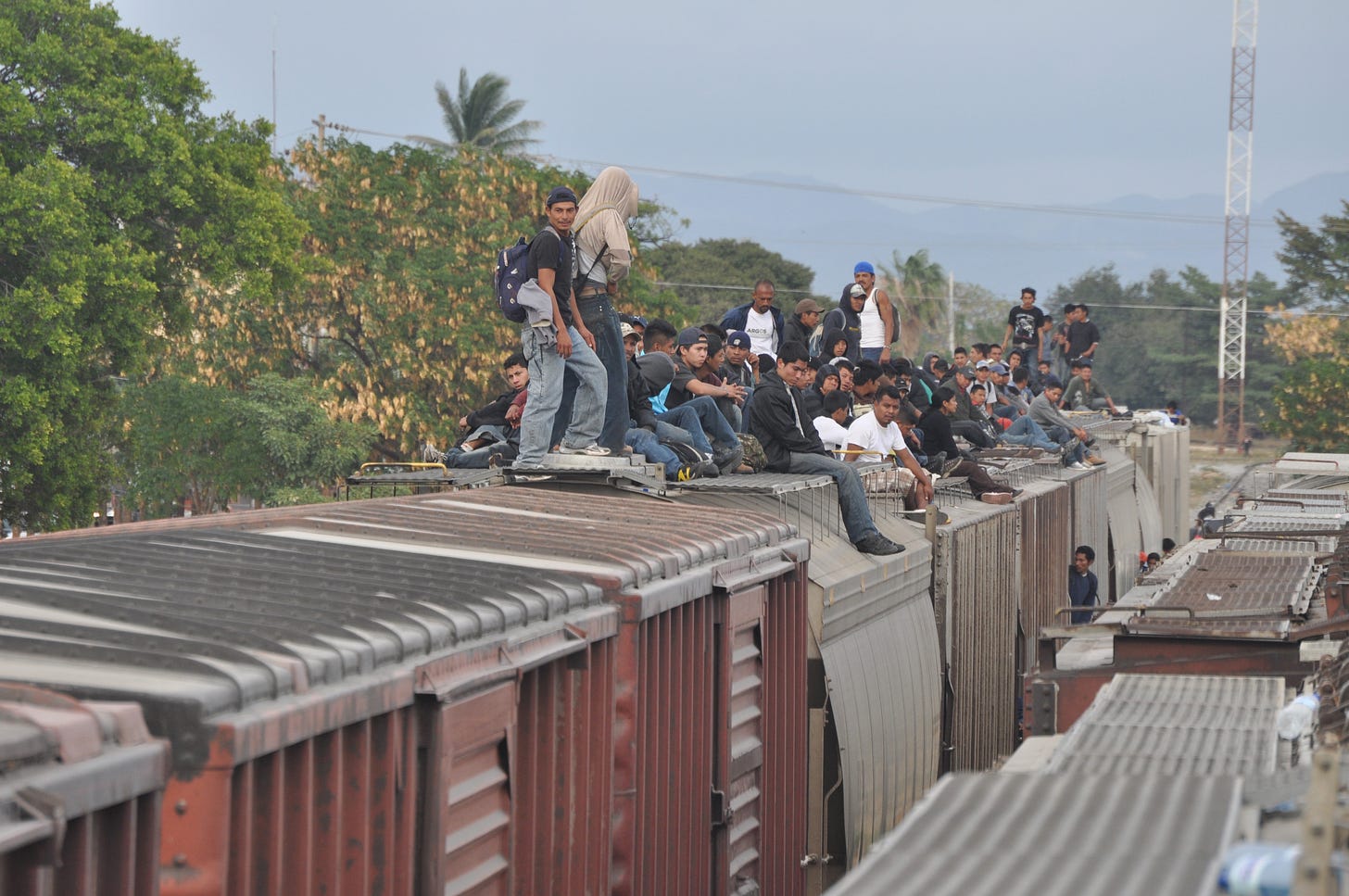La Bestia or El Tren de la Muerte Is No Free Ride
A Recent Suspension of Freight Train Service in Mexico Highlights How Riders of Mexico’s “Beast” or “Death Train” Often Pay a High Price
In late September, Ferromex—the largest operator of freight trains throughout Mexico—announced that it was suspending train operations on 60 northbound routes. The reason? Ferromex said in a statement that it was seeking to avoid more deaths in the wake of a significant increase in the number of migrants riding the trains toward the United States.
The suspension left many desperate migrants stranded. But the halt was only temporary, as a longer-term suspension of freight traffic would have a negative impact on both the Mexican and the U.S. economies.
Apart from a couple of tourist trains and a suburban commuter line in the Mexico City metropolitan area, there are no passenger trains operating in Mexico. Riding the top of freight cars has thus long been a “free” way for indigent migrants to make their way to the U.S. border. But the ride isn’t really free. Migrants end up paying in other horrific ways: many are robbed of their belongings, raped or beaten, or fall or are pushed off the train … losing limbs or even their lives as a result.

Because of the dangers, this infamous train (which is not actually a single train, but a network of freight trains carrying goods north toward the United States) has become known as La Bestia—the Beast.
For migrants fleeing violence, poverty and persecution, there is no free ride to safety.
ABBA House—the migrant shelter in the city of Celaya in Central Mexico for which the nonprofit Latin American Relief Fund provides major funding—has seen a huge uptick in migrants passing through Celaya in recent weeks. This is due, in part, to the backlog that was created during the train line suspension. In addition, the number of Venezuelan migrants in particular has grown exponentially.
The Biden Administration recently extended a humanitarian immigration program known as Temporary Protected Status (TPS) to Venezuelans who have been physically present in the United States since on or before July 31, 2023. This will not benefit any Venezuelans traveling to the United States now. But it may have given false hope to other Venezuelans who were already en route—a typical ploy by human smugglers. Meanwhile, the U.S. government’s announcement about TPS for Venezuelans contains a specific acknowledgement that it is unsafe for migrants to return to Venezuela “due to the enduring humanitarian, security, political, and environmental conditions” in that country.

Any readers looking for a way to help are welcome to contribute to the modest GoFundMe I mounted to try to help a specific young Venezuelan couple who have already made it to the United States.
If you are seeking to have a broader impact, I urge you to consider donating to the Latin American Relief Fund. You can make a real difference in the lives of migrants, including many who have lost limbs falling from La Bestia who are receiving life-changing medical care thanks to the dedicated leaders of the ABBA House shelter.






https://www.dhs.gov/news/2023/10/05/us-resume-removals-venezuelans-who-do-not-have-legal-basis-remain
Despite the TPS finding about the danger of returning to Venezuela, the administration is deporting refugees back to Venezuela via ICE air.